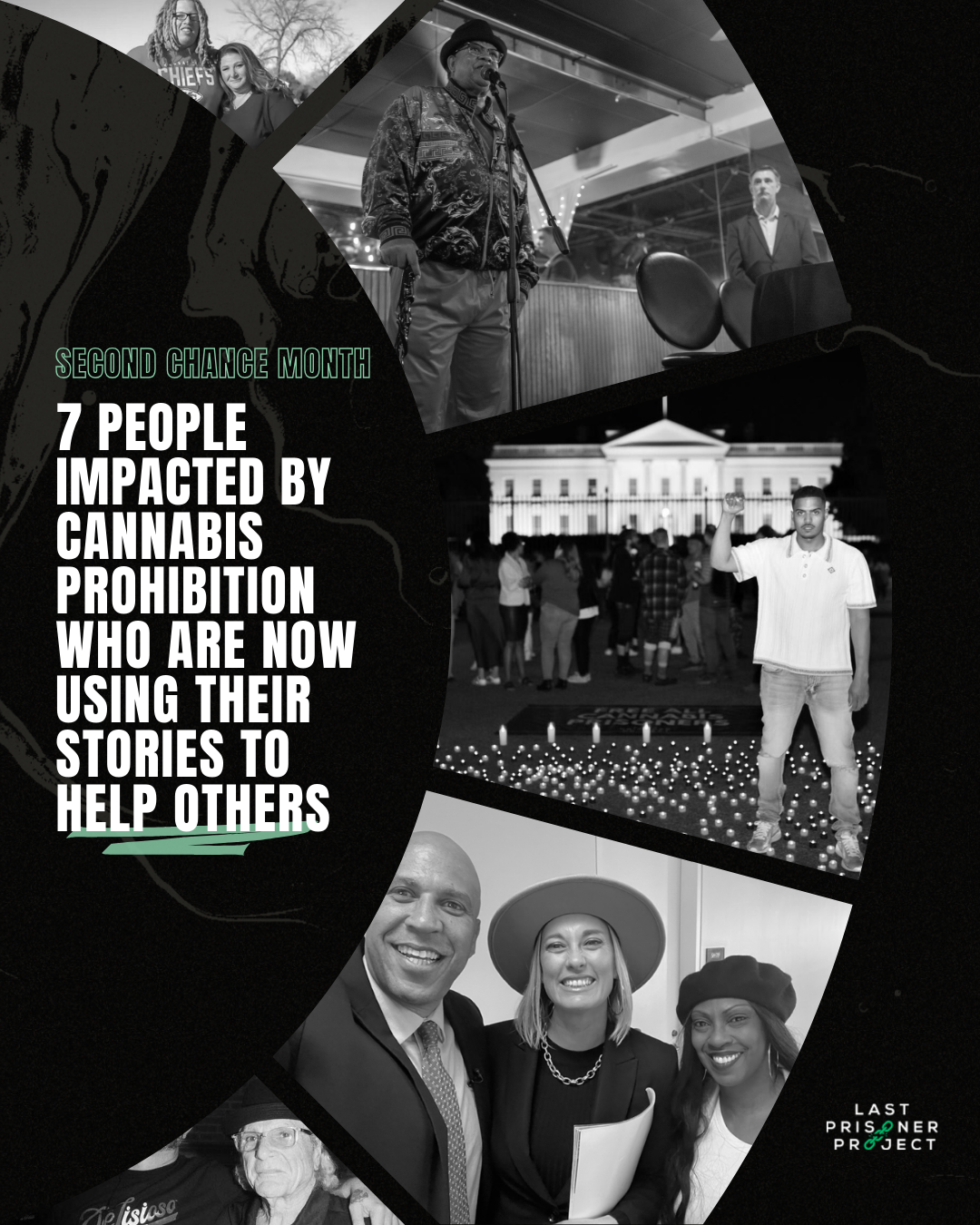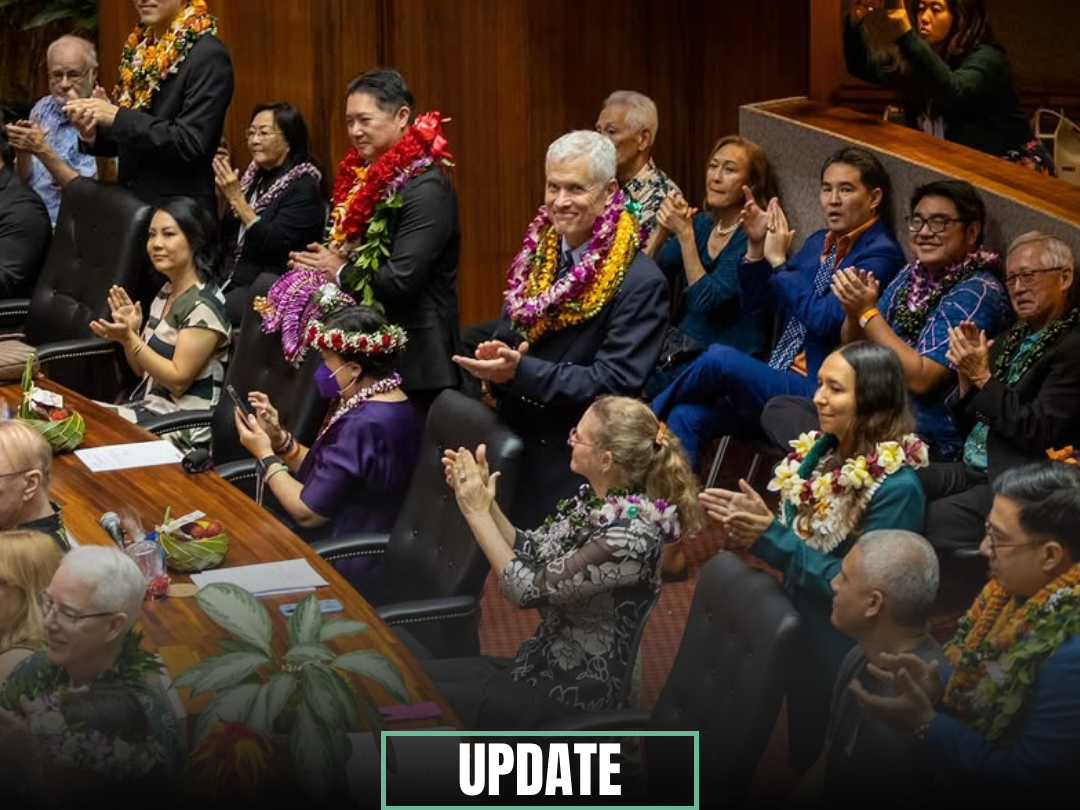This Labor Day, Help Us #EndTheException That Still Allows Slavery in U.S. Prisons
Labor Day is a time to celebrate the contributions of workers across America. But as we honor those who build and sustain our communities, we must also confront an ongoing injustice: the exploitation of incarcerated individuals, many of whom are forced to work for little or no pay under the guise of punishment. This practice, known as the "Exception Clause," is a loophole in the 13th Amendment that allows for involuntary servitude as a form of criminal punishment.
Slavery is an evil that has loomed over our nation since its founding. Passed in 1865, the 13th Amendment to the U.S. Constitution is celebrated for abolishing slavery and involuntary servitude. However, to the surprise of many, the 13th Amendment includes an exception clause that has been understood throughout history to allow slavery and involuntary servitude to be used as punishment for crime. During Reconstruction, this understanding encouraged the criminalization, incarceration, and re-enslavement of Black people.
Still today, more than 150 years later, people who are incarcerated and detained across our country are disproportionately Black and brown and forced to work for pennies an hour to no pay at all under the threat of additional punitive measures, such as the loss of family visits and solitary confinement.
At just the age of 23, Britt White was ripped from her community in Georgia after being arrested for a victimless cannabis trafficking offense in rural Alabama. She would be incarcerated for five years. During that time, Britt, like many incarcerated individuals, had to work for little pay, with 60% of her earnings taken by the prison system. Britt is now a decarceration activist and participated in the #ExceptForMe series, part of the #EndTheException campaign to abolish slavery for all.
Incarcerated workers produce more than $11 billion in goods and services but are generally paid less than $1/hour—or nothing at all. After taxes and garnishments, even those who are paid more than just pennies are often left with very little. Moreover, prisons charge incarcerated people extremely high prices for basic necessities like phone calls, hygiene products, medication, and clothes, with commissary prices marked up as much as 600% and a 15-minute in-state call costing as much as $5.
As a result, loved ones at home face the burden of adding money to their commissary accounts. This is why the Last Prisoner Project started our Commissary Support Fund. Since 2019, we’ve distributed more than $500,000 through this fund directly to our incarcerated constituents. However, much reform work still needs to be done to end the exploitation of incarcerated workers in the United States.
This Labor Day, let's stand together to end the exception and ensure that all workers, regardless of their circumstances, are treated with the dignity and respect they deserve. We must pass the Abolition Amendment—sponsored by Senators Jeff Merkley (OR) and Cory Booker (NJ) and Congresswoman Nikema Williams (GA-05)—to end this exception and unequivocally make the evils of slavery and involuntary servitude history once and for all.
Learn more and add your voice by helping us #EndTheException in the 13th Amendment at
www.lastprisonerproject.prg/endtheexcption.



The Last Prisoner Project. All rights reserved.
Last Prisoner Project is a 501(c)(3) tax-exempt organization with EIN 83-4502829. Mailing address: 1312 17th St #640 Denver, CO 80202. Our governing documents and conflicts of interest policy can be found here. Our Privacy Policy can be found here.
Website built on KUSHY



